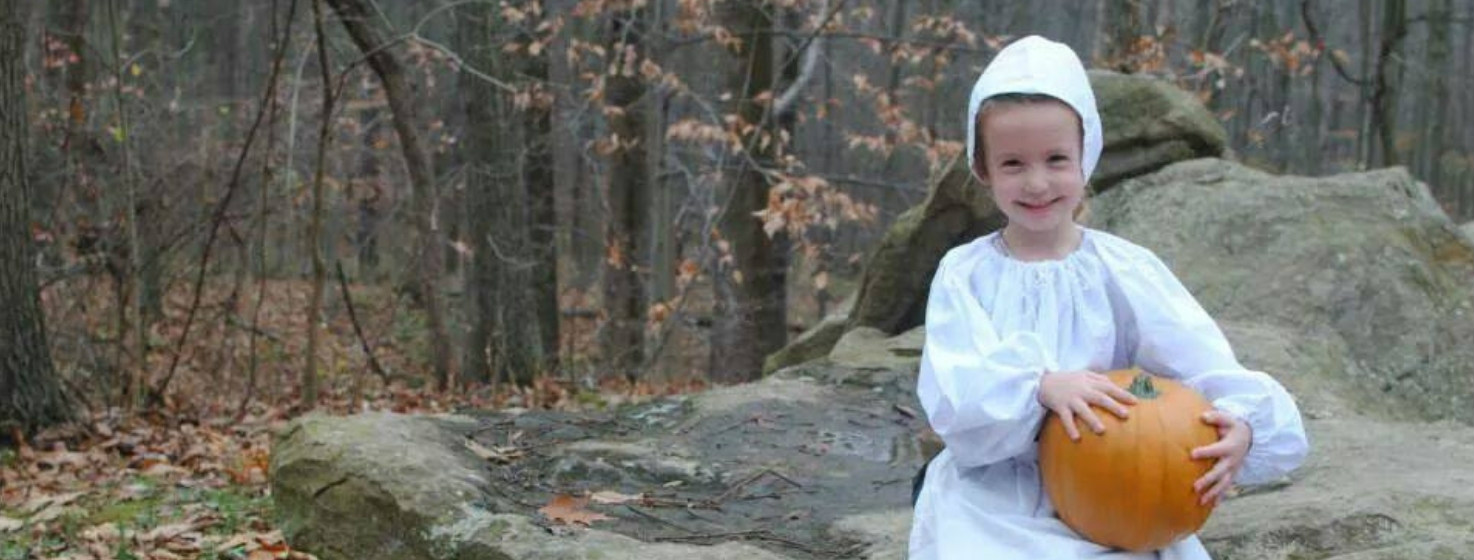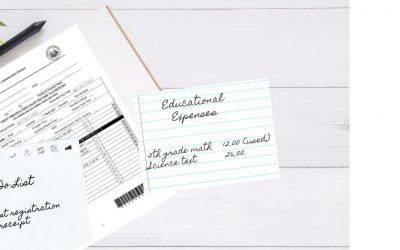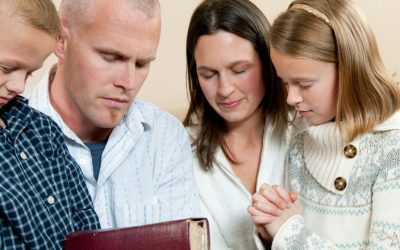When I was young, I was taught that the little band of Christians who landed at Plymouth Rock in 1620 had left England to flee religious persecution. I learned later that these Christians had found religious freedom in Holland thirteen years earlier.
Although the English Pilgrims could worship freely in Holland, they worried about nonChristian peer pressure adversely affecting their children in the schools and communities. Sounds familiar, doesn’t it? Peer pressure is something we all know a bit about.
It was concern for their children’s hearts that caused the Pilgrims to abandon their friends, families and their material possessions; cross a dangerous ocean; and settle in an unknown world. This was no 21st-century road trip with Kroger’s and Lowe’s waiting to help them get settled. With nothing but their own know-how, the Pilgrims would have to find food and build shelters, carving a brighter future from nature and back-breaking work.
A cold New England winter was already descending upon the Pilgrims when they arrived in America both further north and later in the year than they had anticipated. Weakened from the harsh conditions on board the Mayflower, 45 of the 102 passengers died those first winter months.
The Pilgrims, trying to survive despite having little food and weakening health, had to build crude shelters and plant spring gardens in hopes of a harvest that would prayerfully cure hunger and scurvy. It was the unexpected kindness of some Native Americans that helped make that gardening effort successful, despite new, unfamiliar soil. These same Natives taught the Pilgrims to hunt and shared their food so that the following fall was sprinkled with hope and promise.
Amidst grief and loss, the Pilgrims found thankful hearts and overwhelming gratitude for their limited bounty that first Thanksgiving.
Each November, as I recall the actual facts of the Pilgrims, who valued religious freedom and family enough to give up every worldly thing, I am convicted and humbled. How much do I value my own religious freedom? Must we lose something in order to value it properly? The work we at CHEWV collectively do in Charleston each year is our contribution to maintain the freedom to raise our children to the Lord’s glory. And as John Carey would remind us, homeschooling freedom is undergirded by religious freedom – a freedom at constant risk of being eroded.
I cherish, then, this annual reminder of the blessing of food, shelter, family, worship. and religious freedom. I hope that I, like the Pilgrims, have the courage to do what is necessary for the spiritual and physical health of my family – and to be grateful to God for the opportunity!





Recent Comments